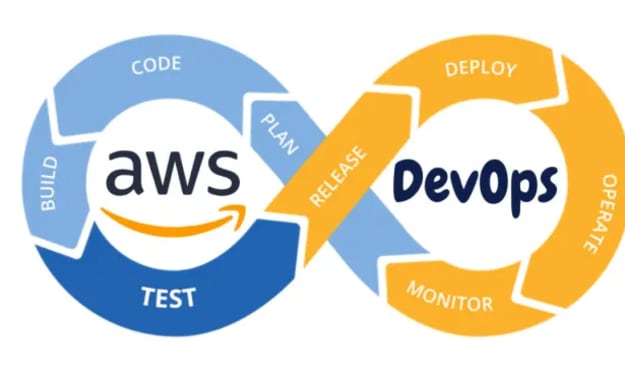
Affiliate marketing — often touted as the highest-return marketing channel available — is far less beginner-friendly than some let on, and is only going to get more complex. There are two reasons for this: firstly, shifting user and traffic trends; and secondly, major changes in cookie and privacy policies.
Affiliate marketing is a complex term: from the instagram influencer to basket optimisation and retargeting — there’s an entire customer purchase funnel needing to be catered to.
At the top of the purchase funnel — brand awareness — influencers are not the marketing hack that they once were thought to be: “70% of millennial consumers value peer endorsement over celebrity endorsement”, and this is reflected in the numbers. Mega-influencers (those with 1,000,000+ followers) achieve remarkably low CPM rates, with an average interaction rate of 1.2% for large influencers. This is down considerably, especially compared to micro-influencers (>15k), who achieve up to 3.85% average engagement.
However, finding these micro-influencers is a real challenge: 61% of marketers struggle to identify good influencers to work with, and the risk of partnering with the wrong social media star can be high. Brand image — especially for newer businesses — is exceptionally important. Damaging a consumer’s confidence in a brand through an insulting influencer makes affiliate marketing high-risk.
And, if you’re an entrepreneur with no experience in affiliate marketing — it’s only going to get harder. Cookies are the data backbone to affiliate marketing — these give you insights into your consumer’s behaviour and online habits, and support vital marketing functions such as retargeting.
Well, Google is killing the third-party cookie. They aren’t building a replacement, either.
In the blog post in which google announced this change, Google states how
“Users are demanding greater privacy — including transparency, choice, and control over how their data is used — and it’s clear the web ecosystem needs to evolve to meet these increasing demands.” They won’t be building “alternate identifiers to track individuals as they browse across the web, nor will we use them in our products.”
Google noted how — in an effort to retain the same tracking functionality — some sites have attempted more invasive methods, such as fingerprinting. This technique tracks all server-side information, including IP address, and creates an in-depth lead on a user’s browsing behaviour.
As marketing strategies evolve from invasive data-collection, Google is prioritising privacy-preserving APIs. These APIs focus on protection in numbers, making cross-site tracking for individuals far more difficult, as information from individuals is stored together in one collective ID.
There have been a number of concerns voiced around ad agencies that depend on third-party cookies. Retargeting, for example, will have to completely shift tactics — as businesses can no longer build a whole consumer profile outside of their own site.
41% of marketers now believe their biggest challenge will be their inability to track the right data.
HubSpot’s Director of Acquisition, Matthew Howells-Barby, has voiced anti-competition fears on Google’s end:
“The big question behind all of this for me is what’s motivating Google to phase third-party cookies out? Is it to improve privacy for the end-user or is it to gain a further grip on the ad market by forcing the adoption of Chrome’s own first-party cookie, which would likely result in many of those dollars being previously spent on third-party platforms to move in Google’s bottom line.”
Advertisement agencies in Germany have published a paper opposing the plan, detailing how the Chrome browser has a global market share of 64%.
Toby Daniels, Founder of Social Media Week, has celebrated this shift, saying:
“Killing the cookie is a power play from one of the most important and influential tech giants but also the greatest opportunity for marketers to abandon lazy tactics and develop a more direct relationship with prospective and existing customers. Paid social and email marketing will become increasingly important, but the winners coming out of this will be the brands who understand the power of customer relationship”.
So, if you’re new to affiliate marketing and feel like you’ve stumbled into a hornet’s nest of conflicting advice: forget the influencers for a minute. The core focus should be an in-depth understanding of your own customer. First-party cookies will still be available — so you’ll be able to see customer behaviour on your own site. If you don’t have your own domain, keep your ear to the floor on all socials — especially tik tok — and build up an organic understanding of consumer demands.
Failing that, marketing through memes on Twitter is always a good plan B.
About the Creator
Rk.ke
Follow the Omnishambles






Comments
There are no comments for this story
Be the first to respond and start the conversation.